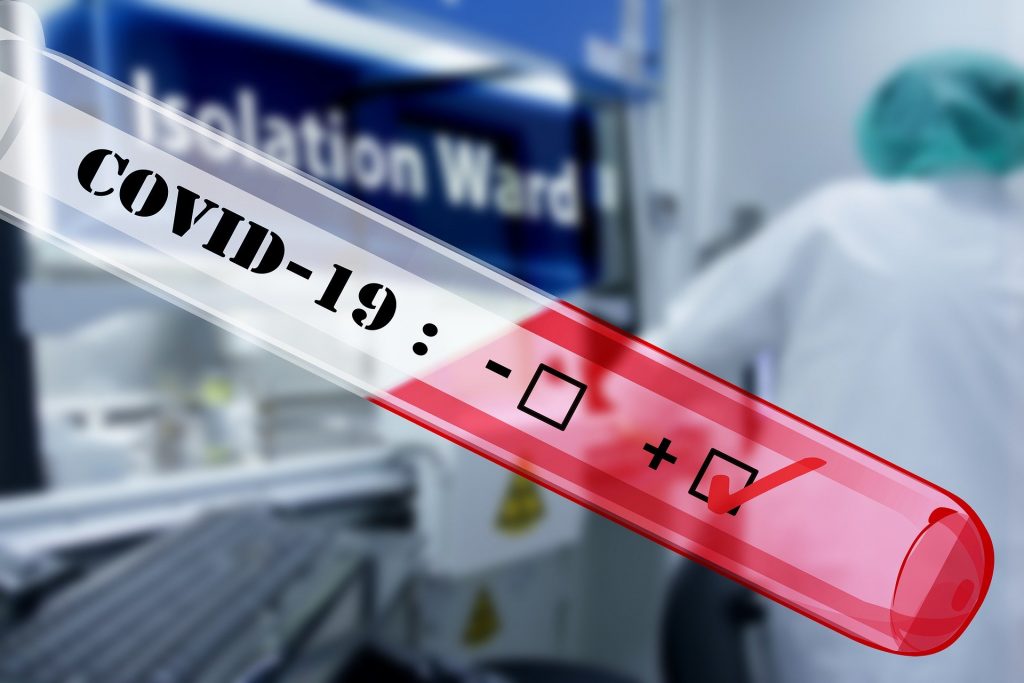It has now been three months since the novel coronavirus went ballistic, spreading across the world and claiming lives. Since the spike in cases started, medical professionals from around the globe have been doubtful when it comes to how to treat the pandemic. Most of them are unclear regarding which drug will prove to be most effective against this viral disease. However, the silver lining here is that this confusion has brought together the entire medical community especially WHO, as they try to find answers. Here’s a quick look at how the world has come together to find a cure for the COVID-19.
Testing Progressing
The virus broke into China early December and then tore the country apart by February. Researchers and doctors then set up multiple testing centers and drug trial centers to test the efficiency of existing medicines. However, data from China has not been successful in pinpointing any particular drug as the final solution. This prompted the Director-General of WHO, Tedros Adhanom to ask top medical professionals from around the world to work together to find a cure. He recently applauded the global effort by stating that such an extensive program against the viral disease would lead to faster results. The WHO, has, therefore, launched a global clinical trial to test four drugs that they feel have the best response against the COIVD-19. These include the experimental Remdesivir, the anti-malarial chloroquine, and hydroxychloroquine, two HIV drugs from a combination pair, and the same two combined with an anti-inflammatory beta drug.
Global Effort
These trials will happen all over the world and will be extremely flexible. As time passes, the centers will add and remove additional treatments and therapies as per their findings. In many ways, this process will resemble the one adopted by the National Institute of Allergy and Infectious Diseases. This facility, which took shape in the US, sometime in February has been testing Remdesivir. However, as of now, the US is not included in this global testing scheme launched by WHO. Nevertheless, hundreds of such trials are now in motion. Here’s a look at the main drugs they are focusing on, as of now.
Anti-Malarial Drugs
Studies have found that both hydroxychloroquine and chloroquine can help in stopping the coronavirus’s spread. Meanwhile, anecdotal evidence suggests that this combination can help patients infected by the COVID-19. An advantage concerning this drug is that since it has been used for years as an anti-malarial drug, scientists and researchers have a lot of experience when it comes to using it. After having used it for years, most scientists have found that the drug affects viruses. The trials are trying to establish whether hydroxychloroquine can help with stopping the virus from developing into more severe conditions within patients. To test this, researchers need to administer the drug to people who are at high-risk locations. By getting the drug into people early on, the team will be able to track how the drug responds to the virus and whether it proves to be effective. Since viruses work incredibly fast, if a drug has a chance of working, that chance is amplified if it reaches the infection early on. While the research is still in its early stages, experts believe that hydroxychloroquine will prove to be an essential drug in the fight against the viral epidemic. However, such news has led to a rise in demand for the drug, inspiring manufacturers to increase production. This rise in demand has led to a shortage of people who use the drug to fight lupus.
HIV Drug Trials
Two Thai doctors in February claimed that a combination of lopinavir and ritonavir, two drugs used for the treatment of HIV helps COVID-19 patients. This has led to the WHO issuing testing centers to run clinical trials on the effectiveness of this combination. A separate test is running to test the effect of the blend with an anti-inflammatory interferon-beta. The most promising news here is that this combination proved successful in the fight against the SARS and MERS pandemics. However, some bad news has come out from China, wherein trials revealed that the combination did not prove successful. But, the test occurred in people who were in the later stages of the disease, meaning that this might be why the combination proved to be ineffective.
Antiviral Remedies
The drug remdesivir first gained attention as a useful tool against Ebola. Later on, research showed that the drug also works against MERS and SARS. Now, recent lab tests have shown that the drug can also help in curbing the novel coronavirus. While anecdotal evidence backs the remdesivir drug, clinical trials will aid in substantiating this evidence. Further trials are testing various other drugs; some backed by WHO, some without, in a way to quickly fight the virus. Japan is testing an anti-flu drug called favipiravir, which they say is effective in treating the COVID-19. While clinical trials take time to collect data, this global effort will help in building concrete evidence faster than ever before. As the world comes together to fight this pandemic, let us all hope that a cure is found soon.

Being a cinephile with a love for all things outdoorsy, Athulya never misses a chance to chase inspiring stories or poke fun at things, even when the subject is herself. Currently pursuing a degree in mechanical engineering, she is someone innately interested in technical and scientific research. Music reviews and op-eds define her as they allow her to explore different perspectives. Though sometimes she thinks she makes more sense playing the guitar than she does while writing.
